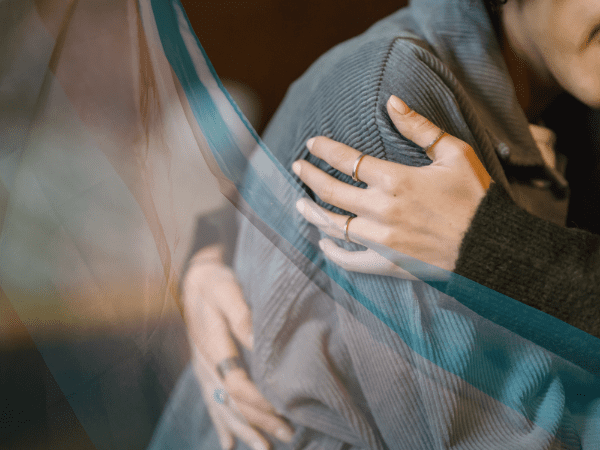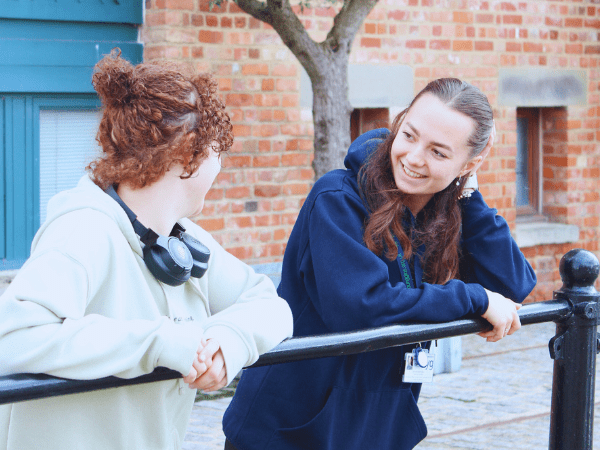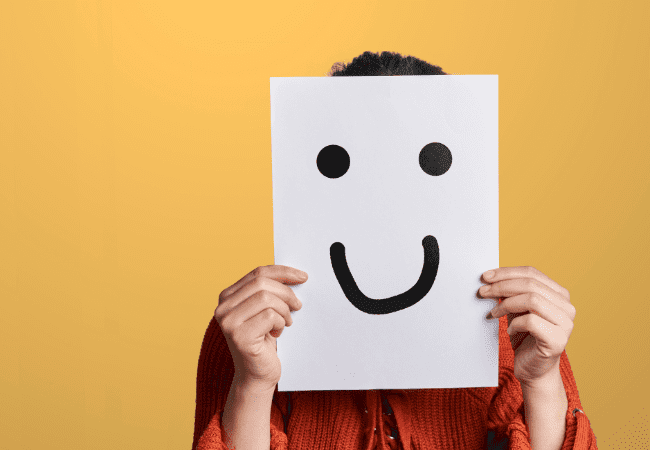
Emma Saunters, Counsellor and Project Lead with YG and Infobuzz discusses the implications of making the move from face-to-face counselling to online support.
2 May 2020
“The current pandemic has enabled us to adapt our services, many of which were once reliant on face to face meetings. Counselling is one of the services we provide, which before the pandemic required a young person to physically attend counselling sessions, whether it be at the Link (our drop-centre in Gloucester) or in another of our counselling rooms across the county.
“In the very early days of the pandemic, we at YG and Infobuzz were already in discussions about how the situation may impact our counselling work. The main question we had was ‘how can we still offer the same level of support to young people, without physically seeing them?’
“As an organisation we follow the British Association of Counsellors and Psychotherapists ethical framework. They provide guidance on how counsellors can ethically and professionally deliver online services to meet client needs. We applied this guidance and were able to start offering counselling sessions by Zoom, telephone, WhatsApp and email. We felt confident that people would continue to access the support online as research has shown that 72% of adolescents would access an online therapy if they required support. (Sweeny 2019)
“And this appears to have followed true for us. We have found that both engagement rates and referrals for counselling at YG and Infobuzz have increased in March/ April. This could be for many reasons, our Counsellors have found that some young people like the flexibility of online and telephone counselling; they don’t have to travel to see us which if struggling with mental health problems such as anxiety, can often be a huge task for them. Also, many young people already use technology in their daily lives, so it doesn’t appear to have been that much of a change for them really.
“This is great, but surely online counselling is different to face to face counselling. So how does it work? Humans naturally crave connections, it is in the core of our being. If we are not able to connect physically, then we tend to seek alternative creative ways that allow us to still feel connected. Just look at the growing number of people who stand outside their houses at 8pm on a Thursday to clap. We don’t just do this to show support to our NHS. We do it to feel connected! And it feels good too, right?!
“Research has shown that therapeutic alliance is equal in both face to face counselling and e-therapy. So really, no matter whether we are connecting face to face, online or by telephone, it still is connecting! (Secula et al, 2012). Therefore, Counselling sessions can continue and be of benefit whether they take place on Zoom, WhatsApp, telephone or email, because it is more about the relationship than the platform used to facilitate the session.
“However we would be being misleading if we didn’t address the limitations of online and telephone counselling; but they are more to do with how the counsellor receives information. They are less likely to have the usual visual/body language cues that they may pick up on in face to face counselling (Mulhauser, 2011). This just means the counsellor has to work a bit harder!
“We have definitely found that online and telephone counselling deserves to have a place as part of our offer to young people, even beyond the end of Covid 19. Whether it is offered instead of face to face is a different question though….In the future, I would like to see an adaptive service which understands the different needs of young people, and allows for choice in how they would like to receive their counselling, as works best for them.”
If you feel you would benefit from counselling, YG and IB currently offer two services which offer one to one counselling alongside practical youth work support.
- Linked up for 16-25 year olds and
- Linked up + for 16-25 year olds in or leaving care
Please email or visit our website for more details and to access referral forms.
Refs
- Mulhauser G (2011) ‘Disadvantages of Counselling or Therapy by Email’.
- Sucala M, et al (2012) ‘The Therapeutic Relationship in E-Therapy for Mental Health: A Systematic Review’,
- Sweeney G, et al (2019) ‘Logging into therapy: Adolescent perceptions of online therapies for mental health problems’
You may also like...
The Story of an Arcus Family

Supporting Ukrainian Refugees

Understanding the ‘Hidden Victims of Crime’ Project

World Suicide Prevention Day 2024

